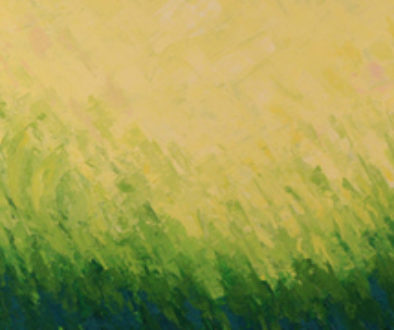Words from Danny pt. 2
Some more thoughts on worship from Danny – a Restoration member involved in Pilgrim Songs conversations:
Two weeks ago, I defined “worship” as properly responding to God. This is not a complete definition, but is a useful one. It reveals a lot about what worship is. There is a part of that which is worth further thought – namely that responding to God requires first encountering him. So then how do we find God?
First, an important technicality. We cannot, by our own efforts, find God. Rather, he reveals himself. But I still want to talk about seeking and finding God for two reasons: first, I believe that God often honors our efforts to find him by revealing himself, and second, that God is works in some consistent ways across time and space, so if we can put ourselves in his way, at least we won’t miss him when he shows up.
So, how can we try to encounter God in our everyday lives? Here are six great starting points:
1 – Sabbath
Sabbath is a tricky concept these days. We work and we play. Sabbath is often explained as “rest”, but the word really means “stop”. Indeed, God was not tired on the seventh day, but rather saw a value in being still in the midst of all that he had done. We can follow his example to try to understand what that value is! For our immediate purpose, it is a valuable time to reflect and remember all that God has done around us. The closest thing we have to a Sabbath in common use is the daily quiet time. Use it! Expand it!
2 – Scripture
Studying God is an obvious way to seek him, and there is no better place to learn than by looking at what God says about himself. This source is scripture.
3 – Prayer
Prayer takes us directly to the source. In prayer we can lay our hearts out before God and seek to understand his. There is probably no more direct way to seek God than prayer.
4 – Creation
You can tell a lot about a writer or artist by studying their works. All of creation is God’s work (though it is currently blurred by the fall). I think of it like watching a window washer wash the windows. You see the beautiful display of glass and suds and suddenly clean glass left behind, but you can also look through the glass to see the washer at work. Try looking through creation to see our God at work.
5 – Community
Community is an integral part of God’s nature. He is the Trinity. And the Church is Christ’s body. Furthermore, he fearfully made each and every person you meet in your life, and he is actively at work re-creating those who have given their lives to him. Engaging with people is another way to engage God himself.
6 – Praise
Praise ties together all these other elements to become something unique to itself. As in Sabbath, it is a time to remember and reflect who he is and what he does. We confess the truth in our praise, dwelling on these things to learn more about him. We speak aloud our common prayers and responses to our Savior. The music and poetry is part of his beautiful creation. Furthermore, we share our relationship and our offering in community. Praise may not penetrate as deeply in any one area, but it encompasses them all.
As noted at the start, we cannot control when or where God will reveal himself. But these paths are among the tried and true places Christians have encountered God throughout the history of the Church. Encountering God is a wonderful thing. It is difficult not to worship in his presence and utterly impossible not to be changed. If you want to fill your life with worship and go more deeply into its mysteries, start by seeking God all the time in every place. And then, as I said last week, give him and only him the response he is due.
These are some reflections from having read excerpts from D. A. Carson’s Worship by the Book and Richard Foster’s chapter on worship in Celebration of Disciplines.
If you want to check out this Sunday’s music list check out restorationmusic.wordpress.com.
